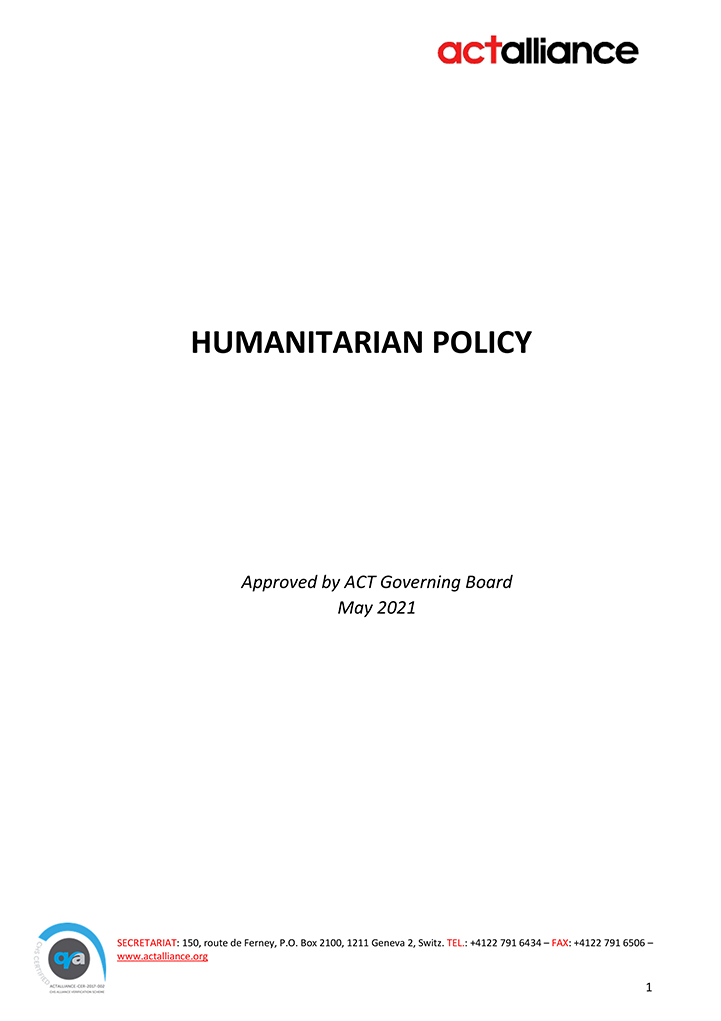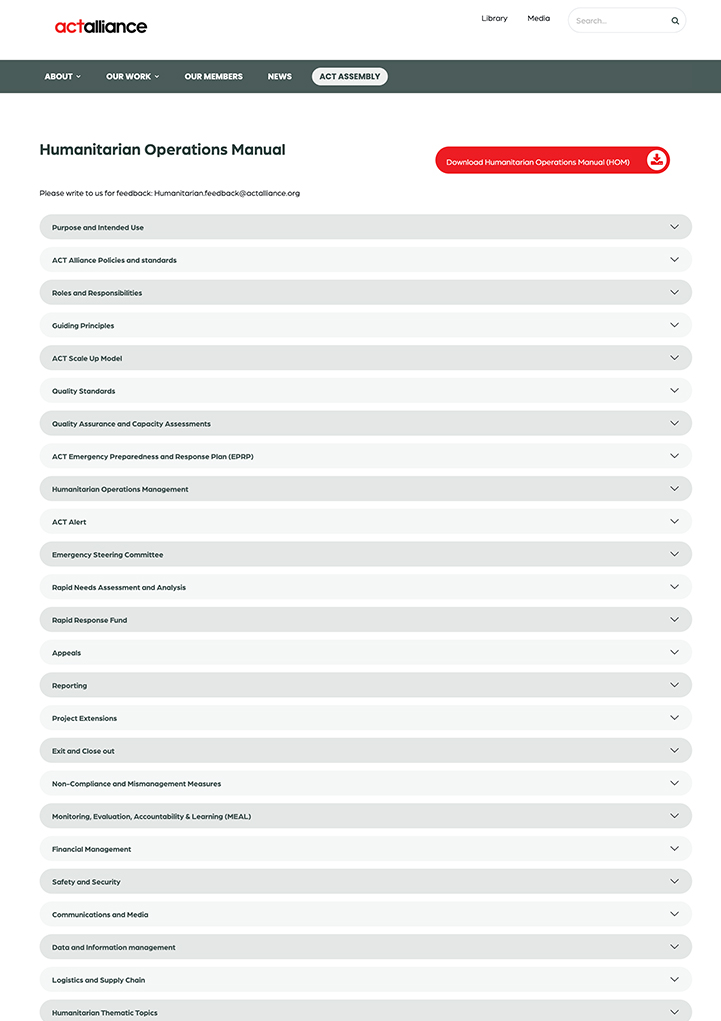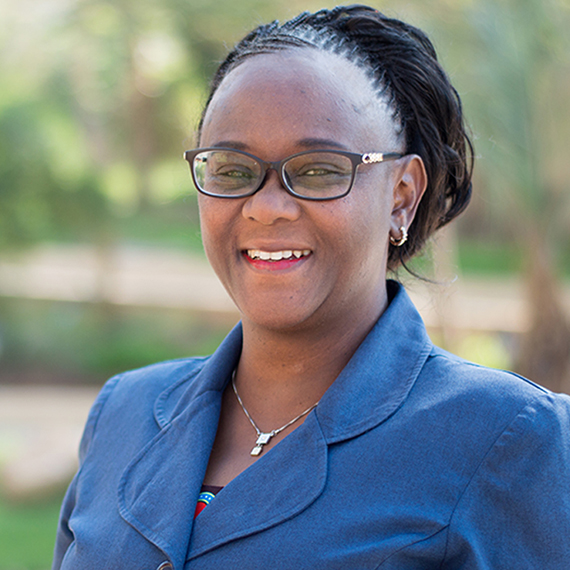Typhoon Mangkhut entered the Philippine Area of Responsibility and was locally named "Ompong" on September 12 at 3:00 in the afternoon, packing 205-kph winds and gusts of up to 255 kph. The 900 km-wide Typhoon Mangkhut made its landfall in Baggao, Cagayan on September 15 at 1:40 AM, carrying winds of up to 200 km per hour and heavy rainfall, causing power outages in some areas. Six provinces were placed under Tropical Cyclone Warning Signal #4 and ten provinces were placed under TCWS #3 in regions I, II and CAR. As of September 18, the National Disaster Risk Reduction and Management Council (NDRRMC) reported a total of 218,492 families or 893,844 persons affected by Typhoon Mangkhut from 3,237 barangays in regions I, II, III, CALABARZON, MIMAROPA, NCR, and CAR. The typhoon left 266 areas flooded in the affected regions. Of which, only 35 have subsided. There were also 119 reported landslide incidents triggered by the typhoon in CAR alone, which caused road closures, shelter damage, damage to livelihood, and loss of human lives. As of writing, the Philippine National Police has reported 74 persons killed by Typhoon Mangkhut and 55 persons missing. Of which, 60 casualties and 52 missing persons were from CAR.ACT Philippines Forum is planning to assist 6,300 families or 22,617 individuals belonging to the most vulnerable groups (i.e., poor/landless farmers) in Regions 1, 2, 3, and CAR, who are among the most severely affected by Typhoon Mangkhut and have very limited capacity and financial resources to recover from the recent devastation. Particular attention will be given to persons with special needs such as: female-headed households, women and widows, children, elderly, people living with disabilities, indigenous peoples. The proposed project is also targeting isolated and underserved communities in remote areas. The response targets a total of 19 communities for DRR-CCA awareness, capacity building and technical support.Concept Notes- Response to Super Typhoon Mangkut in The Philippines











